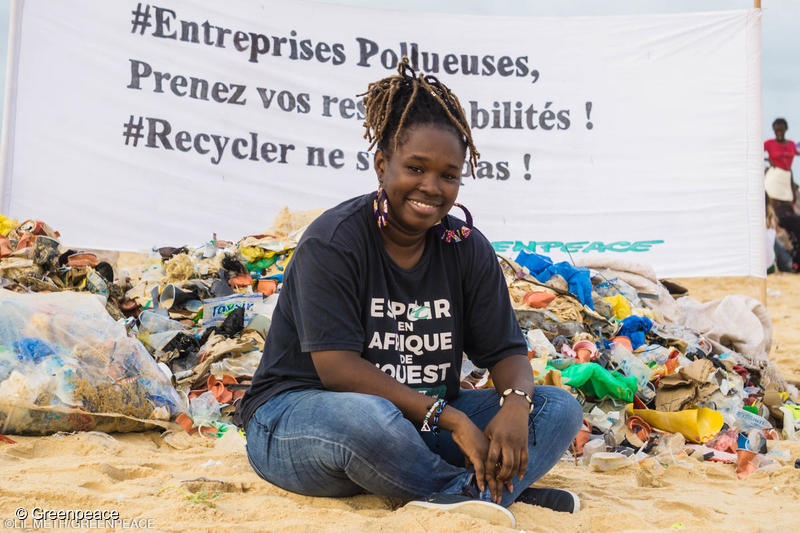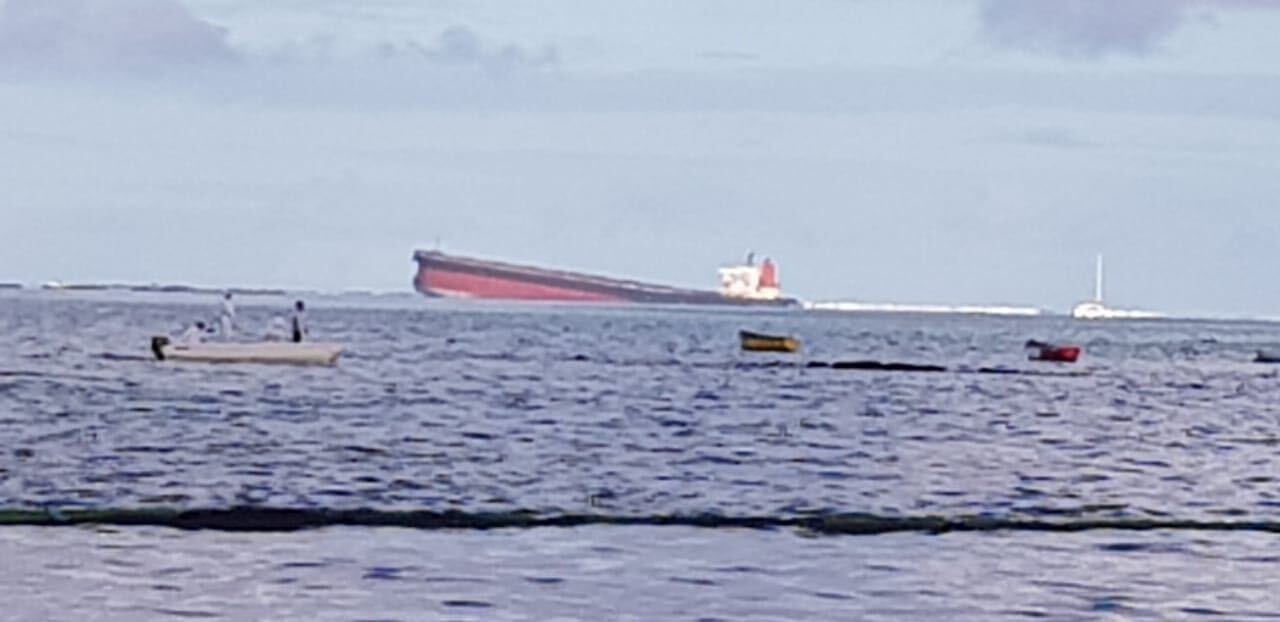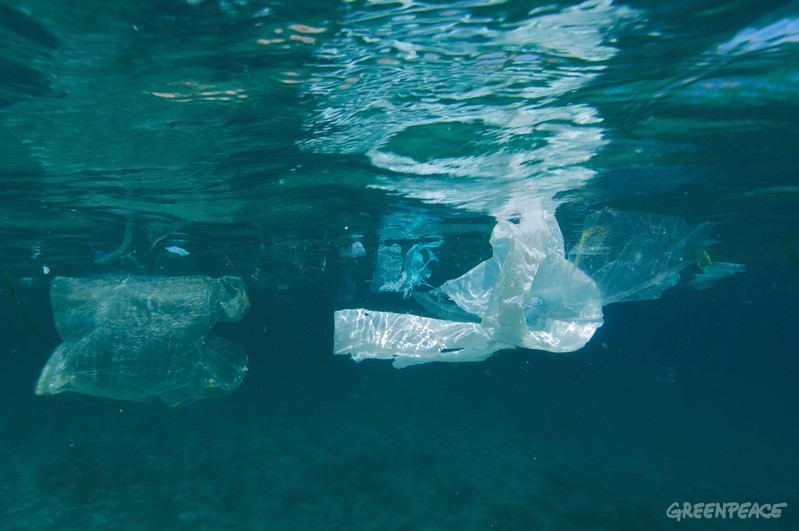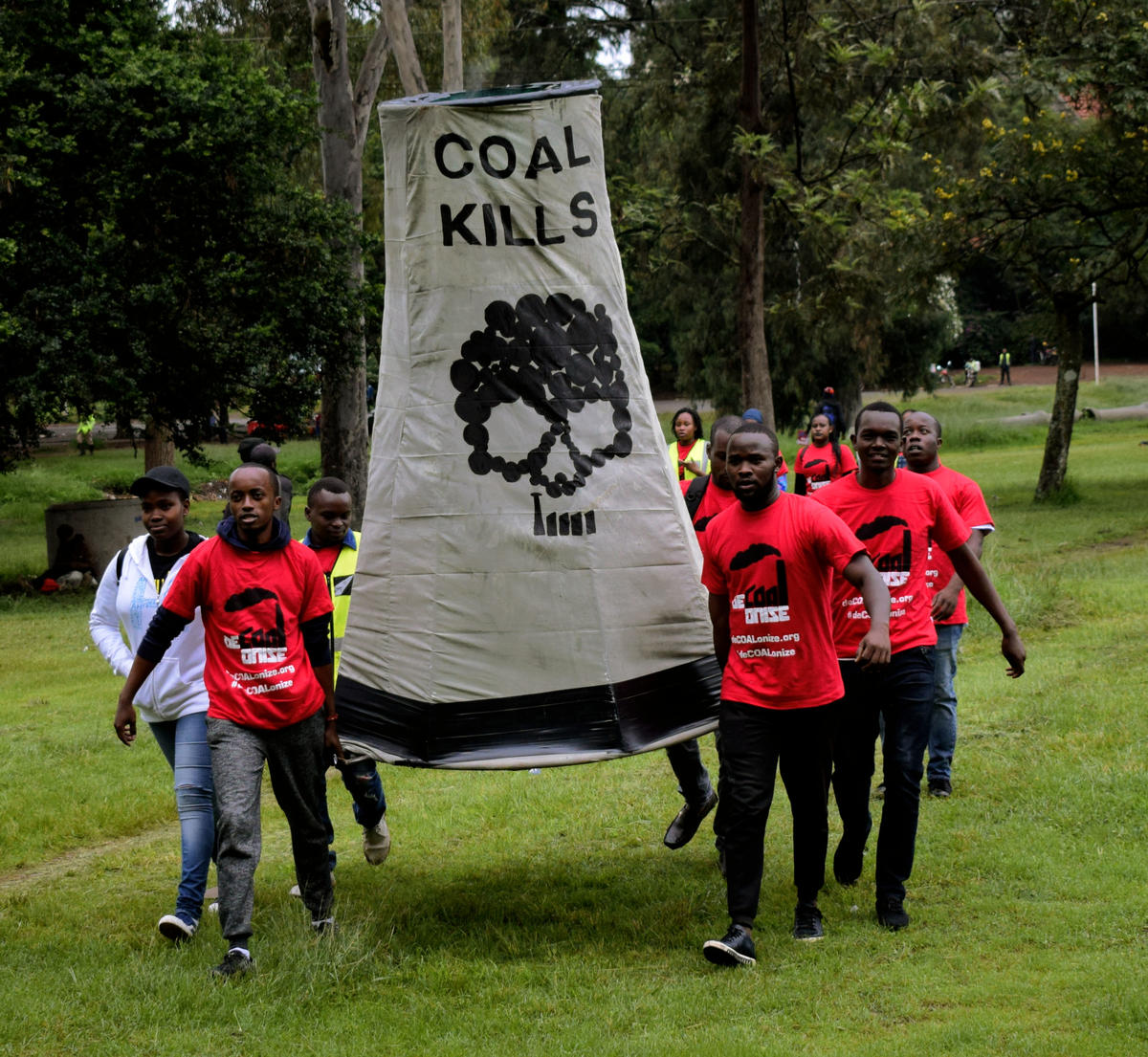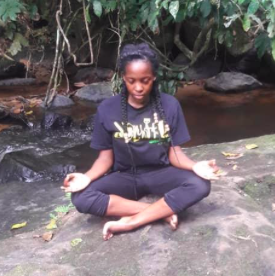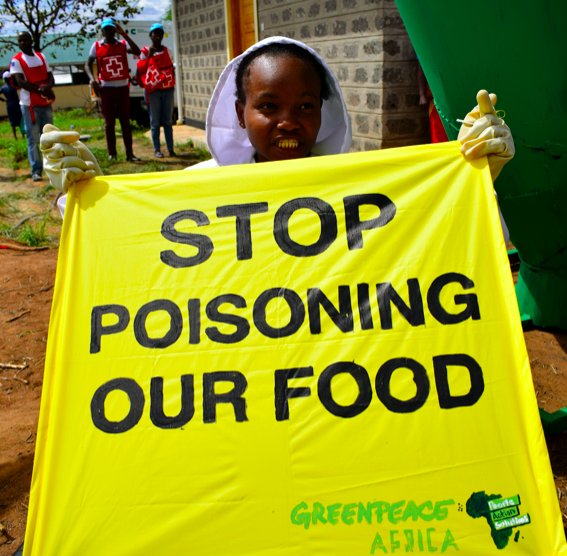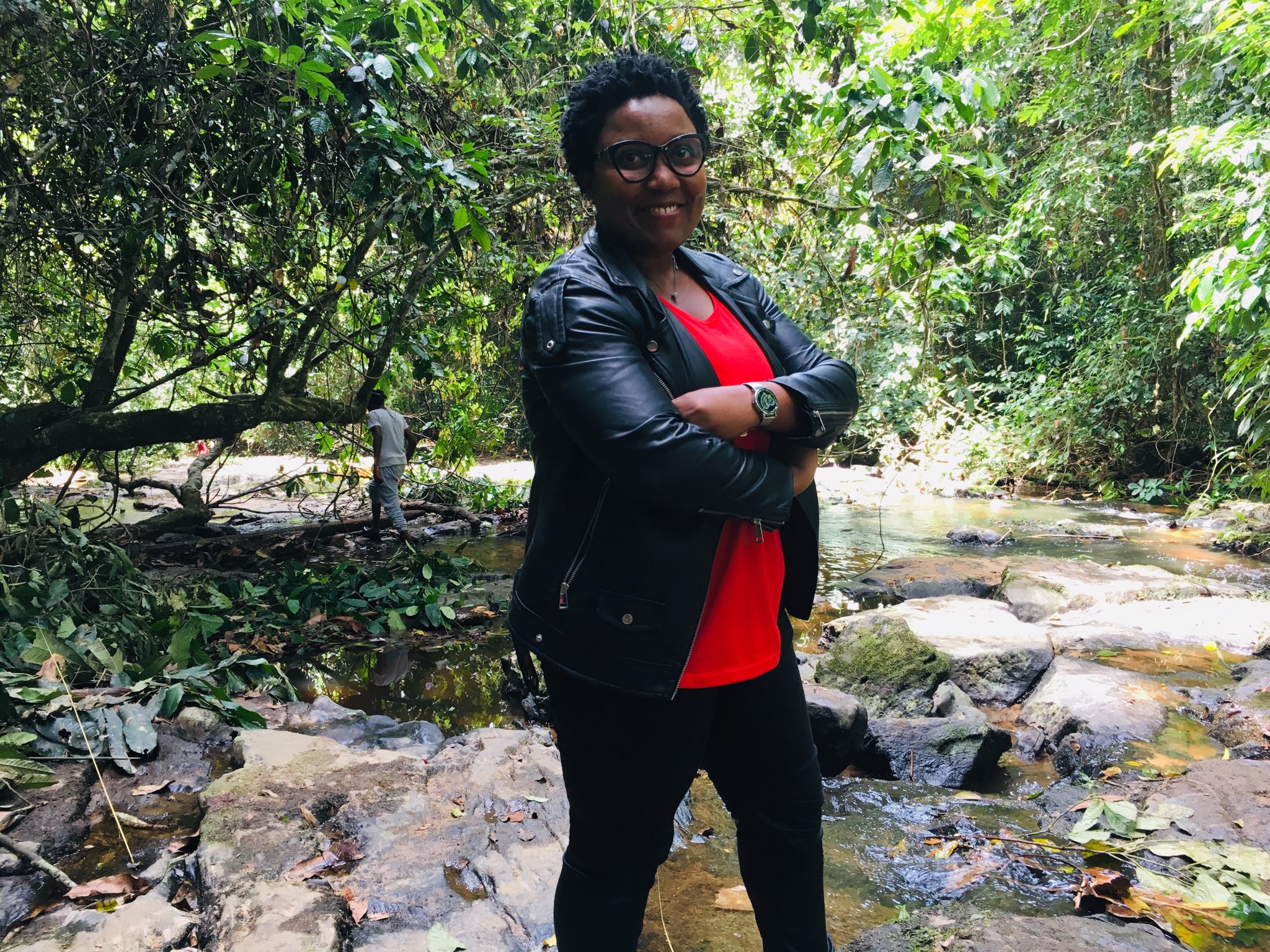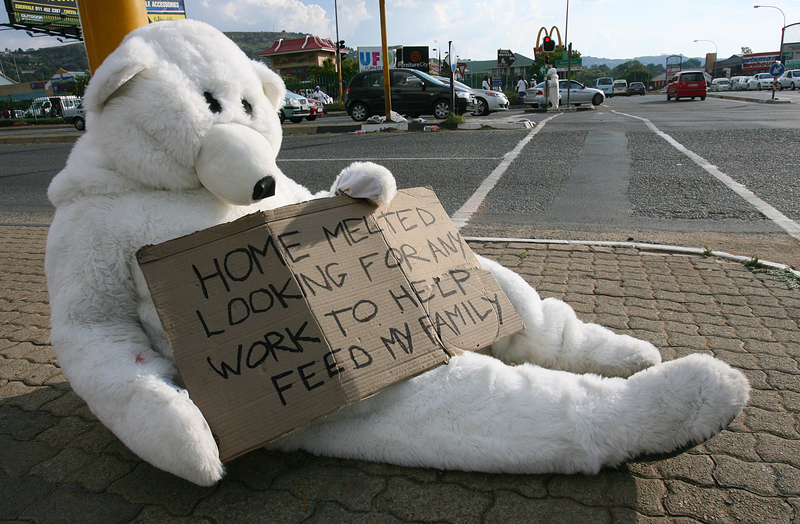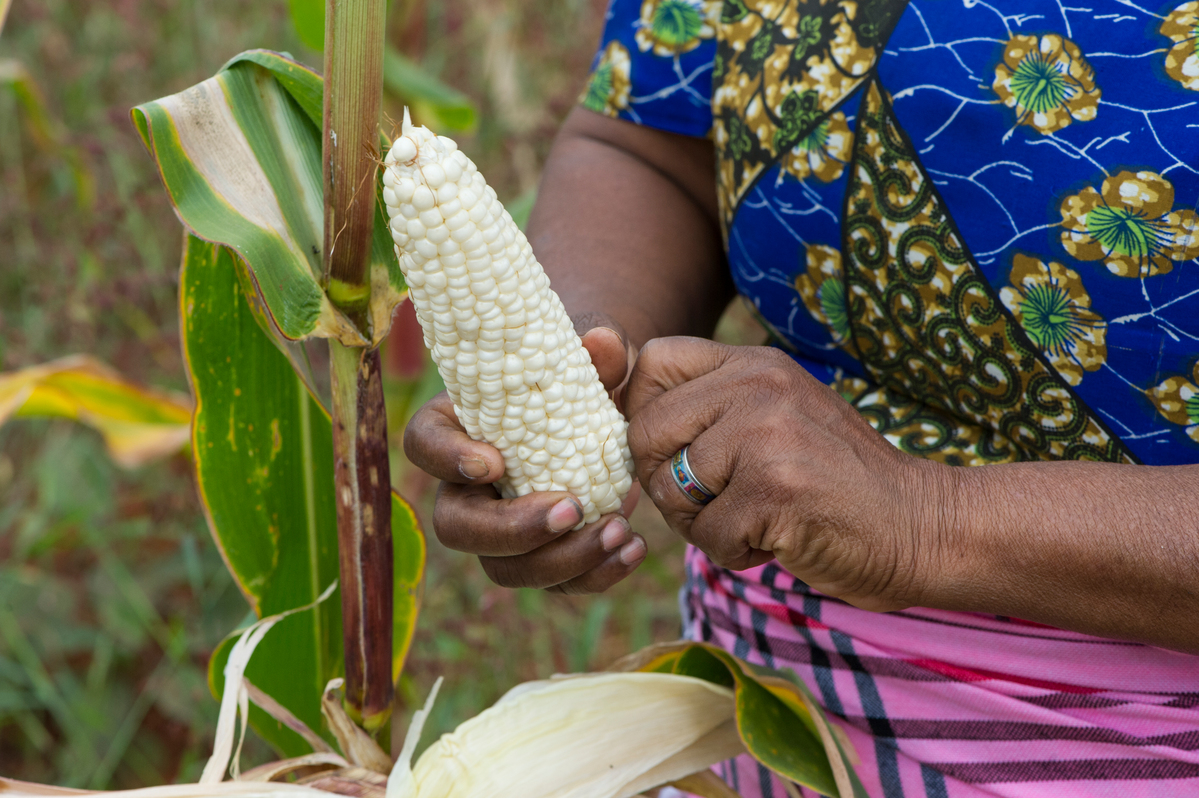-
“False Solutions” to Plastic Pollution Impact the Forest
Greenpeace Africa Campaigner Awa Traoré explains why substituting single-use plastic with paper is a “false solution” to the plastic pollution crisis
-
Mauritius Oil Disaster – Open Letter
On the 25th of July 2020 your ship, the MV Wakashio struck a beautiful and irreplaceable coral reef on Mauritius' southeast coast. On the 9th August you publicly expressed an apology for the environmental disaster that has been caused, but many unanswered questions remain.
-
Greenpeace Africa Welcomes Mozambique’s Plan to Ban Plastic Bags
Mozambican Minister of Land and Environment Ivete Maibasse has announced plans to submit a law aiming to ban the use of plastic bags in the country as an effort to reduce harmful practices to public health, infrastructures and the environment
-
Lamu Coal Plant: A Bad Energy Source for Kenya
The dangers of investing in the Lamu Coal Plant and the various strides taken by environmentalists to halt its implementation
-
Greenpeace Africa response to Mauritius oil spill
Johannesburg, South Africa, 7 August, 2020. Greenpeace Africa responds to reports about the MV Wakashio bulk carrier leaking tonnes of diesel and bunker fuel into the Indian Ocean.
-
Volunteer Blog: Showcasing the Baka Culture and Beliefs
I’m called Sineh Edel-queen, a Greenpeace Africa volunteer in Cameroon (Environmental Ambassadors of Cameroon). I had the opportunity to take part in the Baka community festival in Assok-Mintom March 2019…
-
Toxins in Our Food: Our Ask For a Ban on Toxic Pesticides
What does toxic pesticides in the food mean for Kenyans? Asks Greenpeace Africa Campaigner Claire Nasike
-
Cameroon’s Government sentenced Ebo forest to death. This is why we should care.
What would logging mean for Ebo forest and its ecosystems? Asks Greenpeace Africa Campaigner Sylvie Djacbou Deugoue
-
3 Reasons We Don’t Say Climate Change Anymore
Talking about climate change requires critical language skills. Is it really an accurate way to describe one of the planet's biggest existential threats?
-
Cutting the Hand that Feeds: The Plight of Smallholder Farmers in Kenya
In the pre-colonial days of the early 1900s, Africans predominantly farmed finger millet, sorghum, pearl millet, amaranth, jute mallow, spider plant, and lablab, among other indigenous crops. The farms were…

